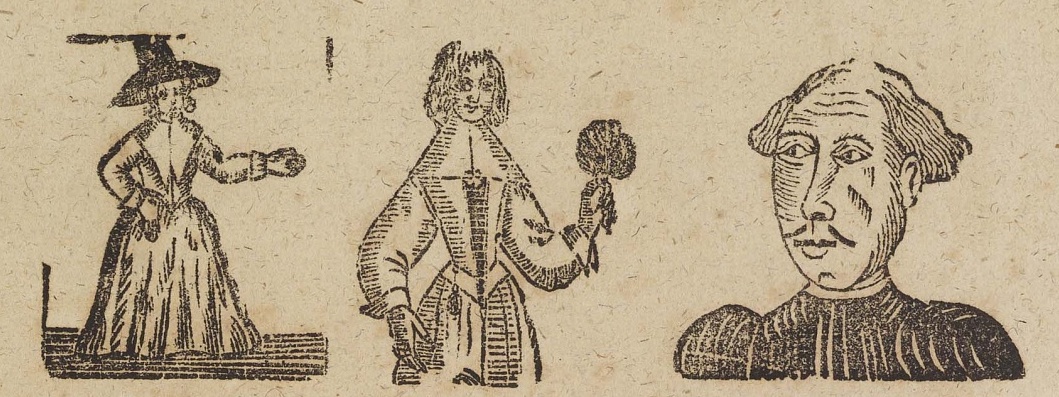What good is a book if nobody buys it?
More importantly, what good is a book if it can’t even be published? Facing these challenges, some authors in early modern England published their books through a subscription model. Subscribers paid for their copies in advance, easing the publication of scholarly and other expensive books. In return, printers included their names in the book itself, marking subscribers as distinguished patrons of learning and literature.
Early English Book Subscribers introduces the men and women who subscribed to books published in England between 1617 and 1698. Its core is a dataset of demographic information based on twelve surviving subscriber lists, with 4,104 entries. Along with the original transcribed list entries, viewers can learn the class status, presumed gender, formal education level, industry, profession, and geographic location, when known, of individual subscribers.
This dataset is free to download and use. The author hopes that EEBS will provide scholars and students a springboard for future research into the history of print culture in seventeenth-century England.
